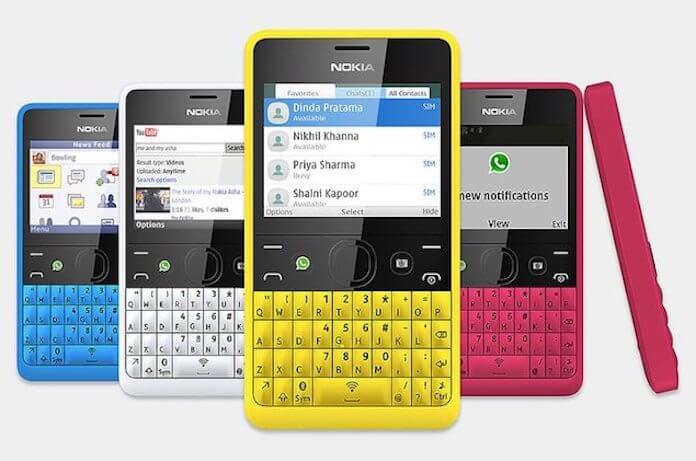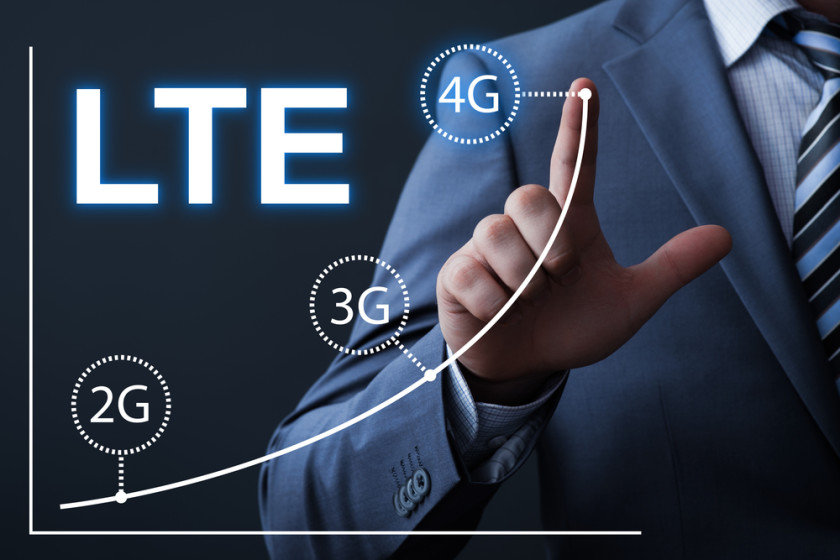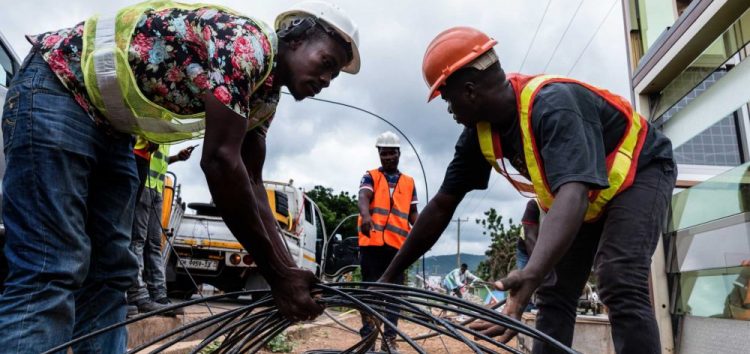We’d like to picture a Nigeria where internet connection speeds are ten times faster than those available on the fourth generation (4G) network. 5G is the reality of that imagination, and it is already here. But, where is Nigeria on the track?
The 5G technology will give improved speeds of up to 10 gigabits per second (Gbps), among other perks, and telecom businesses and countries are furiously on their toes, seeking to leap right into it.
Nigeria is one of the participants in the race, despite knowing that the country’s position is far too early to determine. The recent auction of 5G licenses, as well as a deadline for winners to pay for them, has indicated that regulators are working out a framework for leveraging this technology.
Antecedents have cast doubt on the country’s readiness for the next phase of internet development. Is it again another case of intrusive noise with no accompanying music?
After two decades of mobile network adoption
Many would recall the introduction of mobile networks into the country as if it were yesterday, but after more than two decades of mobile network adoption, not many appear to have improved.
Read also: How Tunde Onakoya is giving underprivileged children “a new narrative” with Chess in Slums
With the launch of the Global System for Communication (GSM) in 2001, the Nigerian telecoms industry received a considerable boost. The rise of technology resulted in an abrupt separation of powers from the Nigerian Telecommunications Limited (NITEL), widely panned services, paving the way for new options.


Looking back in time, the introduction of mobile networks contributed to the expansion of Nigeria’s commercial operations while improving the standard of living for Nigerians.
Then 3G arrived
As expected, the second generation networks’ popularity began to wane, prompting calls for upgrades. The ability to send and receive high-quality data, video, voice, and multimedia signals on their mobile phones from anywhere sparked a third-generation frenzy.
The Nigerian Communications Commission (NCC) dipped into the solution as well, notifying the public in 2006 of its plans to introduce third-generation (3G) mobile technology in Nigeria, as well as pre-commercial licenses.
Existing 3G networks in Nigeria, like those in other countries, offered internet customers speeds of up to 2 mbps, but the 4G networks arrived, setting a new norm after years of conceptualising and reinventing internet network capabilities.


4G LTE, also known as Long Term Evolution (LTE), delivered more than ten times the speed of 3G, with average speeds of up to 1,000 megabits per second (Mbps), however real-world use was more likely in the 100 Mbps range.
At the time, the nature of these apparently 4G LTE rollouts was a race to the top for the telcos, with no special purpose of impressing users. It has become more of a competition as each telecom scrambles for the half of the pie left behind by ipNX providers.
Read also: See 10 Nigerian entertainers who have investments in the tech space
Less than impressive adoption levels
But the level of adoption of existing broadband has remained relatively modest. In some ways, the country’s socioeconomic makeup has stopped these technologies from reaching their full potential.
Trends have indicated that Nigerians seemingly hold on to the previous broadband, primarily caused by an inability to acquire devices able to support these emerging technologies.
Convincing people with an old feature phone to make the switch for the benefits of newer solutions hasn’t proved easy, nor has encouraging those with 4G enabled devices to switch to new 4G LTE SIM cards proven any easier.
Hello to a more immersive internet experience
Moving forward from 2G, 3G, and 4G, all eyes are on 5G, which is meant to give mobile, fixed, and broadcast networks greater flexibility and meet larger data requirements.
The journey into 5G has commenced in Nigeria. The NCC is already focusing on 5G implementation, with the auction ending in December 2021 and winners anticipated to finish paying this February 2022.
The auction for the implementation of Fifth-Generation (5G) networks pave way for better telecommunications services, particularly internet deployment in Nigeria. It also positions the country as a market for the next revolution in the global telecoms.
Its exciting elements are still to come, as the technology is expected to become an intrinsic part of the retail experience, fixed wireless access, manufacturing, healthcare, mobility, and the Internet of Things (IoT).
Bracing up for the immense opportunities, the Nigerian president, Major General Muhammadu Buhari (retd.) had urged all security institutions to use 5G technology as soon as possible to improve national security.
Although 5G promises faster internet speeds and better service, the cost of deploying the technology is prohibitive for operators in a country where previous network generations have yet to win widespread adoption.
4G has peak upload and download rates of 150 Mbps and 50 Mbps, respectively. These are significant advancements over 3G, but Nigeria has yet to fully exploit 4G’s promise, with only 37% coverage in the country, according to reports.
As more nations in Africa, Asia, and Europe strive for the acceptance and implementation of 5G networks, obstacles that may stymie the deployment must be addressed.
Developing the right Infrastructure
The question remains if Nigerian telecom companies are prepared for the bulk investment that comes with deploying 5G solutions even when they are yet to exploit the other broadband to their full potential – particularly 4G.
Mobile broadband serves the majority of the country’s current internet demands (2G and 3G), but for the 5G spectrum, fixed broadband through fiber optic cable is required. These options are still in their early stages of deployment.
In a time of limited government investment and considerable expenditures focused on power and other infrastructural aspects of the economy, the 5G plan relies on the private sector to lead and fund it, with appropriate government incentives.


Given the country’s landmass, the new technology would require an estimated 120,000 km of fiber penetration, but the country currently has a deficit of about 80,000 km of fiber which needs to be met before nationwide successful nationwide deployment of broadband can be realised.
Taking into consideration the damage to existing fiber infrastructure from road construction and pilfering from vandalism, the deficiencies are widened.
5G devices availability
For an effective 5G enabled landscape, access to devices that support this spectrum is as important as the technology itself. The 5G network cannot work on any mobile device, and as such, users must make a switch.
Given Nigerian financial woes, this might not be so comfortable as the phones cost as much as $1,000, which is approximately ₦420,000. The hefty cost of 4G devices has contributed to the country’s lack of coverage, and the same might be said for 5G networks.






